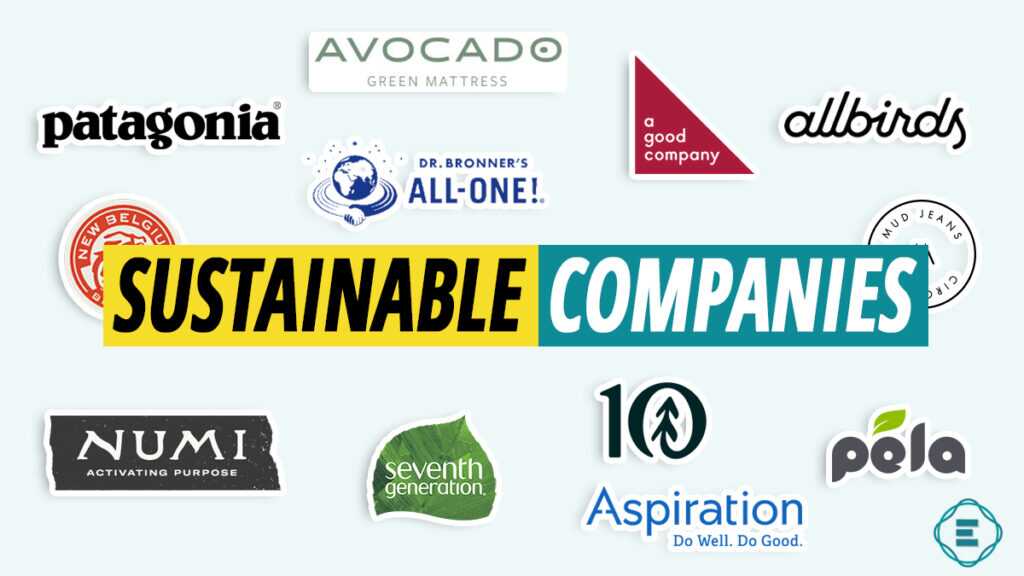
Nurturing Responsible Growth: Sustainable Company Environment
In the contemporary business landscape, fostering a sustainable company environment is not just a trend but a necessity. Explore the key elements and practices that contribute to the creation of a business ecosystem committed to sustainability.
Embracing Green Practices for a Greener Tomorrow
At the heart of a sustainable company environment lies the commitment to green practices. Businesses are increasingly adopting eco-friendly initiatives, such as waste reduction, energy conservation, and the use of renewable resources. Embracing green practices not only aligns with environmental stewardship but also positions the company as a responsible and conscientious contributor to a greener tomorrow.
Corporate Social Responsibility (CSR) Initiatives
Sustainable company environments go beyond profit margins; they actively engage in Corporate Social Responsibility (CSR) initiatives. These initiatives encompass a range of activities, including community development, philanthropy, and ethical business practices. By integrating CSR into their core values, companies contribute to the well-being of society and build a positive reputation, fostering long-term relationships with customers and stakeholders.
Energy Efficiency and Renewable Energy Sources
Energy consumption is a critical aspect of sustainability. Businesses are investing in energy-efficient technologies and exploring renewable energy sources to power their operations. Transitioning to renewable energy not only reduces the carbon footprint but also often leads to long-term cost savings. A commitment to energy efficiency aligns with sustainable practices and positions the company as a responsible steward of resources.
Sustainable Supply Chain Management
A sustainable company environment extends to the entire supply chain. Businesses are scrutinizing their supply chain practices, ensuring ethical sourcing, fair labor practices, and environmental responsibility. Sustainable supply chain management involves partnering with suppliers who share a commitment to responsible business practices, creating a chain of positive impact that resonates throughout the industry.
Waste Reduction and Circular Economy Practices
To create a sustainable business ecosystem, waste reduction is paramount. Companies are adopting circular economy practices, focusing on recycling, repurposing, and reusing materials. Minimizing waste not only contributes to environmental conservation but also aligns with a circular economy mindset that aims to keep resources in use for as long as possible, extracting maximum value.
Employee Well-being and Inclusivity
A sustainable company environment prioritizes the well-being and inclusivity of its workforce. This involves creating a workplace culture that values diversity, promotes work-life balance, and provides opportunities for professional development. Employee well-being is not only essential for fostering a positive work environment but also contributes to overall organizational resilience and sustainability.
Transparent Communication and Accountability
Transparency and accountability are fundamental pillars of a sustainable company environment. Businesses are increasingly transparent about their sustainability efforts, communicating openly with stakeholders about their environmental and social impact. Establishing clear accountability mechanisms ensures that companies uphold their commitments to sustainability, building trust among customers, investors, and the broader community.
Innovation for Sustainable Solutions
Innovation plays a pivotal role in creating a sustainable company environment. Businesses are investing in research and development to discover innovative solutions that address environmental challenges. From sustainable product design to eco-friendly packaging, companies are leveraging innovation to reduce their ecological footprint and contribute to the creation of a more sustainable future.
Measuring and Reporting Sustainability Metrics
To gauge the effectiveness of sustainability initiatives, businesses are adopting robust metrics for measurement and reporting. This involves tracking key performance indicators (KPIs) related to energy consumption, carbon emissions, waste reduction, and social impact. Regular reporting ensures transparency and allows companies to continuously assess their progress toward sustainability goals.
Sustainable Company Environment: A Journey, Not a Destination
In conclusion, building a sustainable company environment is a continuous journey rather than a destination. To delve deeper into the principles and practices that contribute to a sustainable business ecosystem, visit fortahira.my.id. Explore resources that provide insights into green practices, CSR initiatives, energy efficiency, and other key elements shaping the landscape of sustainable business environments.




